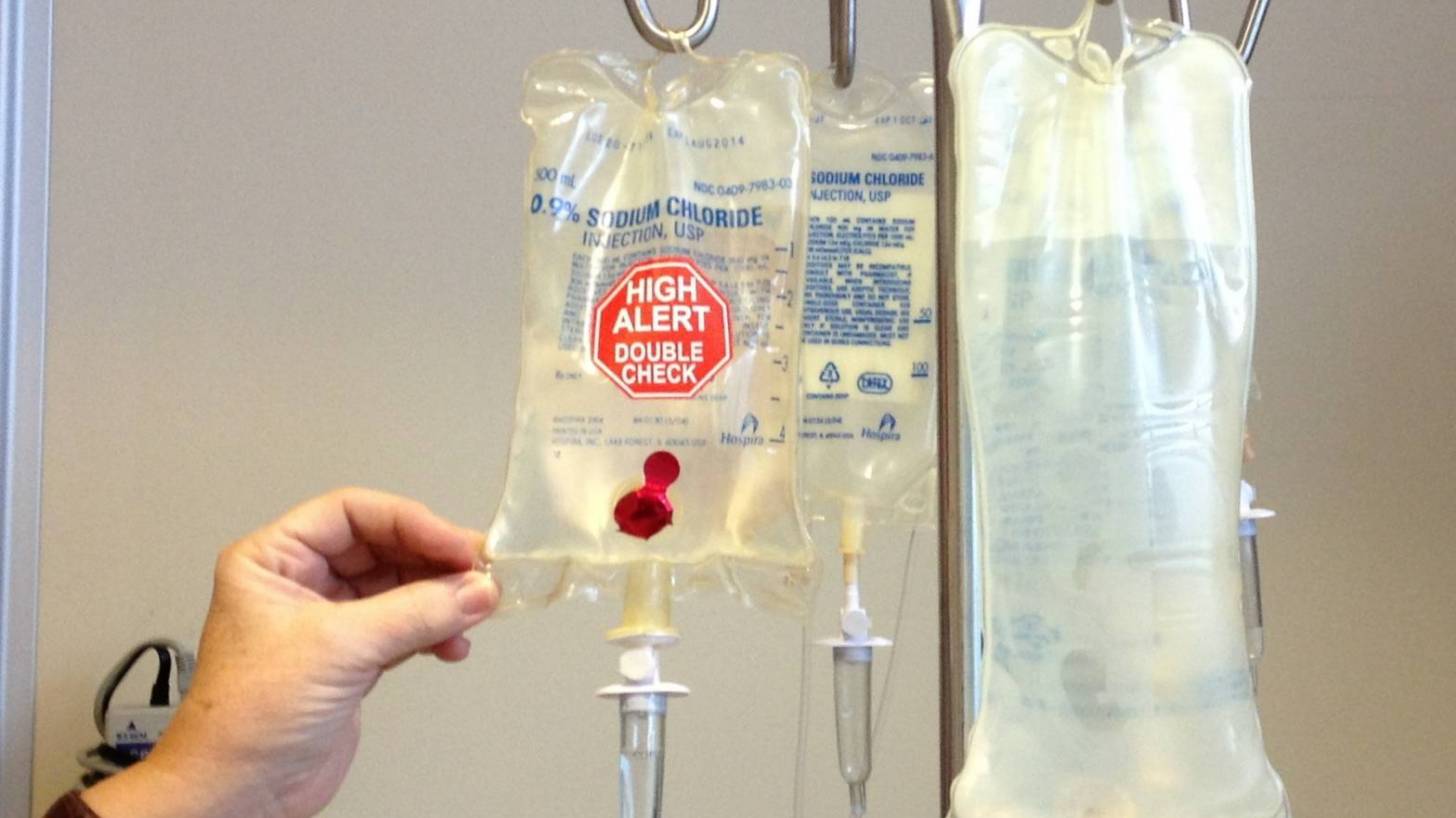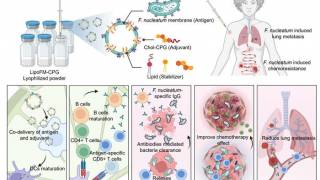HPV Positive Patients with Throat Cancer Should be Given Cisplatin

Patients with human papillomavirus (HPV)-positive throat cancer should receive cisplatin and radiotherapy, rather than cetuximab with radiotherapy, according to new research.
This study’s results are in agreement with the interim findings of the US National Cancer Institute’s phase 3 RTOG 1016 clinical trial, which was published in August 2018.
*Interested in Being in a Clinical Trial, Click Here*
Study author Professor Hisham Mehanna, Ph.D., Chair, Head and Neck Surgery, Institute of Cancer and Genomic Sciences, University of Birmingham, said: “We now have 2 studies showing that these patients should not be given cetuximab.”
Cetuximab is a cancer treatment drug and is also known by its brand name Erbitux.
“Many patients have been receiving cetuximab with radiotherapy on the assumption that it was as effective as cisplatin (chemo) with radiotherapy and caused fewer side effects,” said Dr. Mehanna.
“But, there was no head-to-head comparison of the two treatments.”
This study compared side effects and survival with the 2 treatments in 334 patients with HPV-positive throat cancer enrolled from 32 centers in the UK, Ireland, and the Netherlands.
Patients were randomly allocated to radiotherapy and either cisplatin or cetuximab.
Cisplatin is the generic name for the trade name drug Platinol and Platinol-AQ.
During the two-year study, there were 10 recurrences and 6 deaths with cisplatin compared to 29 recurrences and 20 deaths with cetuximab.
Patients on cisplatin had a significantly higher two-year overall survival rate (97.5%) than those on cetuximab (89.4%).
Cancer was over 3 times more likely to recur in 2 years with cetuximab compared to cisplatin, with recurrence rates of 16.1 percent versus 6.0 percent.
There were no differences between groups in the overall number of side effects, or of acute or late severe (grade 3–5) toxic events including dry mouth and difficulty swallowing.
There were significantly more serious adverse events such as renal and hematological problems with cisplatin than with cetuximab.
Dr. Mehanna said “Cetuximab did not cause less toxicity and resulted in worse overall survival and more cancer recurrence than cisplatin. This was a surprise – we thought it would lead to the same survival rates but better toxicity.”
“Patients with throat cancer who are HPV positive should be given cisplatin, and not cetuximab, where possible,” said Dr. Mehanna.
HPV is the most common sexually transmitted infection in the United States, says the US Centers for Disease Control and Prevention (CDC).
Of the more than 100 types of HPV, about 40 types can spread through direct sexual contact to genital areas, as well as the mouth and throat.
Oral HPV is transmitted to the mouth by oral sex, or possibly in other ways.
Many people are exposed to oral HPV in their life. About 10 percent of men and 3.6 percent of women have oral HPV.
Most people clear HPV within 2 years, but HPV infection persists in some people.
HPV can infect the mouth and throat and cause cancers of the oropharynx, which is called oropharyngeal cancer.
HPV is thought to cause 70% of oropharyngeal cancers in the United States.
It is unclear if having HPV alone is enough to cause oropharyngeal cancers, or if other factors, such as smoking, interact with HPV to cause these cancers.
HPV is not known to cause other head and neck cancers, including those in the mouth, larynx, lip, nose, or salivary glands.
Commenting on this study, Dr. Branislav Bystricky, University Hospital Trenčín, said: “This study shows that the best treatment choice for patients with HPV-positive throat cancer is cisplatin and radiotherapy.”
“This combination gives ‘double’ the benefit since it is more effective in terms of survival and does not worsen all grade toxicity compared to cetuximab with radiotherapy.”
Future research should examine whether genotyping for the KRAS-variant can select a group of patients that will benefit from cetuximab treatment with radiotherapy.”
Most HPV cancers can be prevented with a vaccine, says the CDC.
To schedule an HPV vaccination appointment at a local pharmacy in the USA, please visit this website.
On October 6th, 2018, Merck’s Gardasil 9 was approved for women and men aged 27 through 45 years.
Our Trust Standards: Medical Advisory Committee
- Cetuximab with radiation found to be inferior to standard treatment in HPV-positive oropharyngeal cancer
- Patients with HPV-positive oropharynx cancer should receive chemoradiation
- A trial looking at side effects of treatment for throat cancer (De-ESCALaTE HPV)
- Patients with HPV-positive throat cancer should receive chemotherapy not cetuximab
- HPV and Oropharyngeal Cancer
- HPV Cancer Vaccine Approved For People Between 9 and 45 Years of Age

























